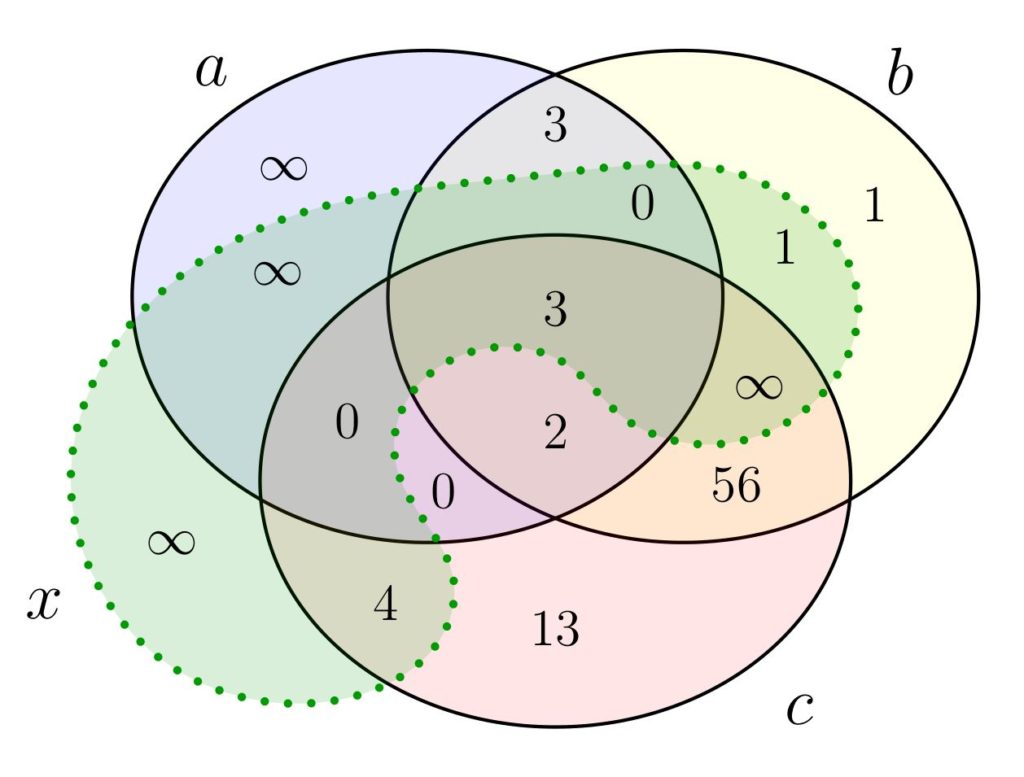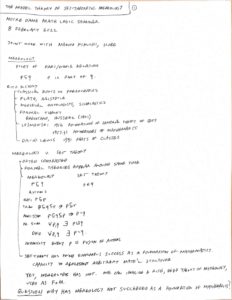This will be an invited ASL address at the joint meeting of the ASL with the APA Eastern Division conference, held in New York 15-18 January 2024. My talk will be 16 January 2024 11:00 am.

Abstract. I shall give an account of the debate on set-theoretic pluralism and pluralism generally in the foundations of mathematics, including arithmetic. Is there ultimately just
one mathematical universe, the final background context, in which every mathematical
question has an absolute, determinate answer? Or do we have rather a multiverse of
mathematical foundations? Some mathematicians and philosophers favor a hybrid notion, with pluralism at the higher realms of set theory, but absoluteness for arithmetic.
What grounds are there for these various positions? How are we to adjudicate between
them? What ultimately is the purpose of a foundation of mathematics?
See the related paper on the mathematical thought experiment: How the continuum hypothesis could have been a fundamental axiom.







